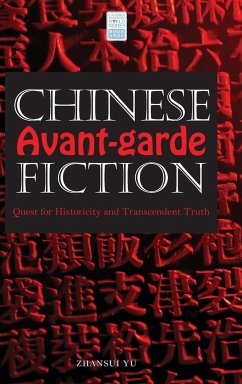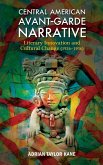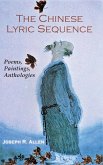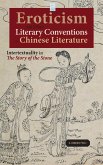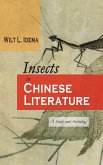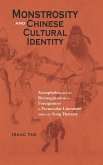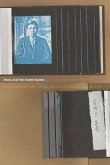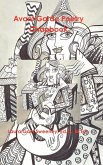This book is in the Cambria Sinophone World Series, headed by Victor Mair (University of Pennsylvania). Chinese avant-garde fiction undoubtedly represents a summit in contemporary Chinese literature. Given the remarkable achievement of the genre and its revolutionary and profound impact on Chinese literature, it has attracted much attention from the English-speaking academic world. The existent scholarship on this subject, however, has some gaps which need to be filled. There are few book-length studies which provide a concentrated and in-depth analysis of Chinese avant-garde fiction as a literary genre; most studies tend to treat Chinese avant-garde fiction as a component of some grand cultural trends in the contemporary Chinese intellectual world. Such a sweeping historical approach overlooks the aesthetic and epistemological values of the fiction, preventing the researchers from investigating the thematic complexity and diversity and the artistic originality and appeal of the fiction. This book examines the works of three leading writers-Su Tong, Yu Hua, and Ge Fei-and their significant contributions to the genre; this is the first in-depth, comparative study on these writers. This book examines how Su Tong, Yu Hua, and Ge Fei manipulate dark moods and what Karl Jaspers termed "limit-situations" such as death and suffering, along with other motifs, to pursue both historicity and transcendent truth in their fiction. Setting the fiction against the backdrop of long history of Chinese culture and the development of modern Chinese literature, the book also explores the changing intellectual and literary landscape and the changing paradigms of literature in modern China. This study illuminates the patterns of history presented in the fiction of the three Chinese avant-garde writers as well as their respective views of history. The book also investigates another prominent theme in Chinese avant-garde fiction: the philosophical meditation on the human condition, human nature, and other metaphysical issues. This study also grapples with the mechanisms and devices adopted by these avant-garde writers to defamiliarize the Chineseness of their fiction. In so doing, the book attempts to answer the questions of why and how the reprise of traditional Chinese conventions and themes can be regarded as avant-garde in the Chinese context. The book also sheds light on each writer's aesthetics and the aesthetics of Chinese avant-garde fiction as a genre. Unlike most previous research on Chinese avant-garde fiction, the study focuses on the Chineseness of the fiction or its intertextuality with Chinese conventions and texts. This unique study will be a welcome addition to scholars of Chinese literature and cultural studies.

